Joseph Rein
Joseph Rein, contributor in issue 33.2 of The Pinch, has some exciting news this March. Not only is his first feature-length film being released, but so is his first short story collection Roads Without Houses. We spoke to him about his upcoming works, his writing background, and which fictional world he'd choose to live in.
How has everything been going since you published with The Pinch?
Great, and mostly hectic. In the last four years I’ve gotten tenure, had three (of my four) children, taken up biking, published a good amount, and cut back on spicy foods. I’ve also started writing screenplays; my first feature-length film, Stillwater, will be released March 13. I’ve also attended quite a few Daddy-Daughter dances, gymnastics classes, county fairs, and Halloween costume parades. I’m sure, somewhere in that timespan, I’ve had time to relax. I just don’t remember when that was.
How does it feel to be publishing your first short story collection? And how does the title Roads without Houses reflect what readers will find inside?
Publishing the book is in some senses indescribable (which is a terrible evasion for a writer!). Having my own book of fiction has been a major life goal since I was young, so there’s definitely a lightness that comes with accomplishment, a fullness, an out-of-body feeling that sneaks up on me at odd moments and says, This is real. But then there’s the side that says, Okay, nice job and all, but what next? The creative appetite is insatiable. Every piece is new and frightening and exciting and challenging and terrifically frustrating. And it always feels like it will be the best, because if not, why write it?
The title Roads without Houses comes from one of the stories (actually one of the shortest in the collection). The idea behind the title stems from a road’s basic purpose as a straightforward path for one person to get to another. It’s about connection. So when roads have no houses, they in some senses lose that essential function—they become aimless, purposeless. That is a thread my characters share. They’re on the wrong road, but they don’t always know how or why they got there.
How and when did you first realize you were a writer?
I have a story similar to many others: I was praised for my writing at a young age. A fifth grade teacher, Mrs. Boelter, enjoyed a story I wrote about a gazelle escaping a cheetah attack. In ninth grade, Mrs. Goffard encouraged me to submit a story to a local magazine, and it won a prize. I was good at other things, but writing gripped me more. I read stories that impacted me and thought, Wow, I want to impact someone the same way. And my teachers—and especially my parents—were wholeheartedly supportive.
How often do you write? Take us through your ideal writing workday.
I would love to say every day. For three-plus hours after morning coffee. But unfortunately my life doesn’t allow such freedoms. I have a large and growing family, who get first dibs on my time and attention. And then the professorial job, which is omnipresent during the semesters. Thankfully, during winter and summer breaks, my wife understands my need to write and generously makes time. While working on Roads, for example, I wrote for eight-hour days, something I didn’t know I was capable of. But then this past week, I barely got in a few hours here and there. I think many of us need to make such concessions; we need to forgive ourselves when life takes precedent, as it so often does. Overall though, I still feel better on days I can write than on those I cannot. It’s an itch that intensifies until scratched.
If you could live inside the fictional world of any book, which would you choose and why? What would you do first?
Every answer that comes to mind places my life in immediate danger. And so since I’m going there, I would have to say Italy with the characters of Catch-22. The hypocrisy, the absurdity, the nonsense-as-sense atmosphere. There’s never a dull second there. Though at the first sign of danger, I’d likely follow Yossarian right into the hospital. At some point though, I would find a good way to goad Colonel Cathcart into a reaction. I hope he would chew me out.
